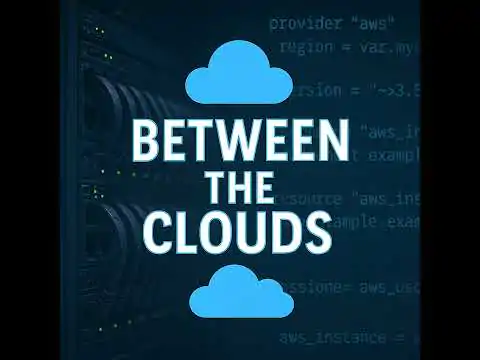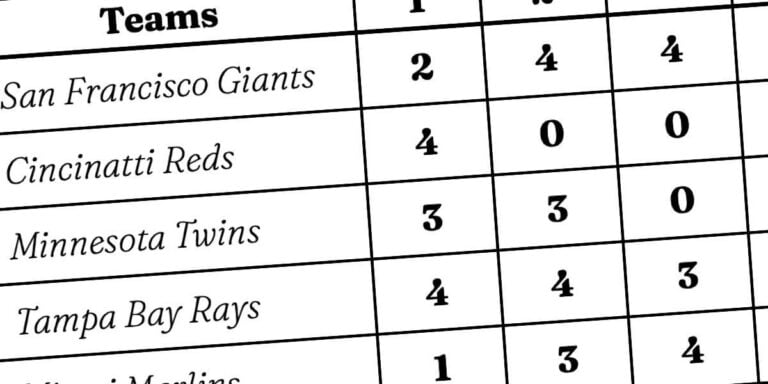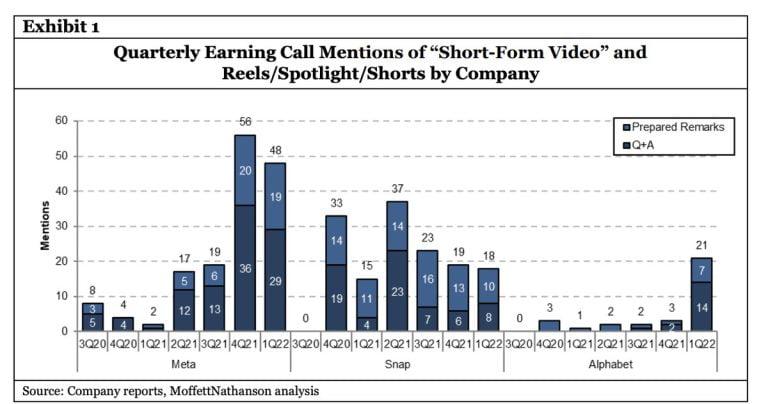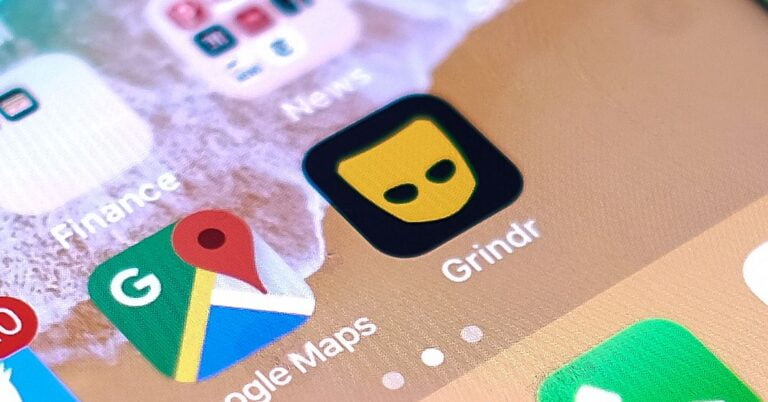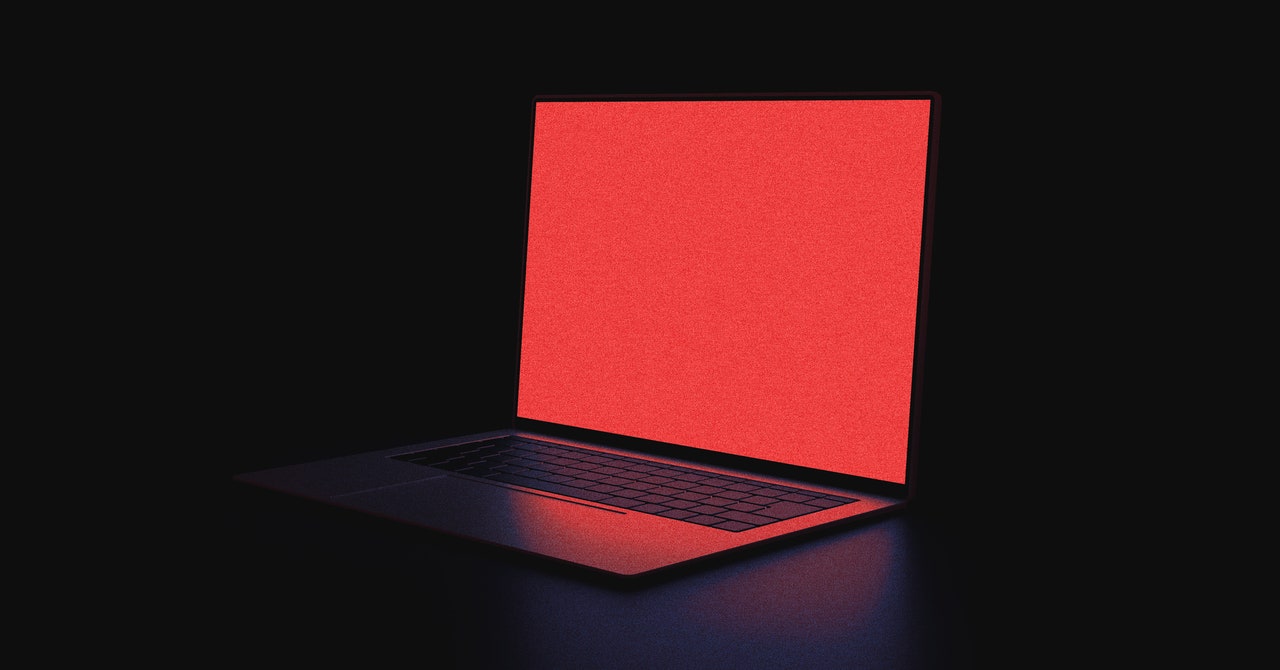
Two of the biggest deepfake pornography websites have now started blocking people trying to access them from the United Kingdom. The move comes days after the UK government announced plans for a new law that will make creating non-consensual deepfakes a criminal offense.
Non-consensual deepfake pornography websites and apps that “strip” clothes off of photos have been growing at an alarming rate—causing untold harm to the thousands of women they are used to target.
Clare McGlynn, a professor at Durham University’s Law School, says the move is a “hugely significant moment” in the fight against deepfake abuse. “This ends the easy access and the normalization of deepfake sexual abuse material,” McGlynn tells WIRED.
Since deepfake technology first emerged in December 2017, it has consistently been used to create non-consensual sexual images of women—swapping their faces into pornographic videos or allowing new “nude” images to be generated. As the technology has improved and become easier to access, hundreds of websites and apps have been created. Most recently, school children have been caught creating nudes of classmates.
The blocks on the deepfake websites in the UK were first spotted today, with two of the most prominent services displaying notices on their landing pages that they are no longer accessible to people visiting from the country. WIRED is not naming the two websites due to their enabling of abuse.
One of the websites with the restriction in place is the biggest deepfake pornography website existing today. On its homepage, when visiting from the UK, it displays a message saying access is denied. “Due to laws or (upcoming) legislation in your country or state, we are unfortunately obligated to deny you access to this website,” the message says. It also shows the visitor’s IP address and country.
The other website, which also has an app, displays a similar message. “Access to the service in your country is blocked,” it says, before hinting there may be ways to get around the geographic restriction. The websites do not appear to have any restrictions in place when visiting from the United States, although may also be restricted in other countries.
It is not immediately clear why the sites have introduced the location blocks or whether they have done so in response to any legal orders or notices. Nor is it clear if the blocks are temporary. Messages sent to the websites, through email addresses and contact forms, went unanswered. The creators of the websites have not posted any public messages on the websites or their social media channels about the blocks.
Ofcom, the UK’s communications regulator, has the power to tackle action against harmful websites under the UK’s controversial sweeping online safety laws that came into force last year. However, these powers are not yet fully operational and it is consulting on them.
It’s likely the restrictions may significantly limit the amount of people in the UK seeking out or trying to create deepfake sexual abuse content. Data from Similarweb, a digital intelligence company, shows the biggest of the two websites had 12 million global visitors last month, while the other website had 4 million visitors. In the UK, they had around 500,000 and 50,000 visitors, respectively.
This week, politicians in the UK announced plans for an upcoming law that criminalizes the creation of non-consensual deepfakes. Under the law, which is yet to be passed, people could face an unlimited fine if they create deepfakes to “cause alarm, humiliation or distress to the victim.” This builds on previous provisions that make it illegal for people in the UK to share sexualized deepfakes.
“While it’s unclear if these platforms have been ordered to block UK access or have done so proactively due to the recent criminalization, it shows legislation can make a meaningful difference in removing the legal ambiguity that many deepfake pornography platforms use as cover for the clear ethical harms they cause,” Henry Adjer, an AI and deepfake expert tells WIRED. Adjer adds that search engines and hosting providers around the world should be doing more to limit the spread and creation of harmful deepfakes.
While the two websites can still be accessed in the UK using a VPN, the restrictions are a sign that constant pressure—from lawmakers, tech companies, and campaigners—can make deepfake porn harder to access and create. “Of course, people will be able to use VPN to access these websites and apps, but that introduces friction,” Durham University’s McGlynn says. “It introduces a message that there’s something wrong and harmful about this material such that you have to use a VPN to access it.”
“Hopefully,” McGlynn adds, “this can show other governments around the world that if we take steps we could actually reduce the prevalence and easy access to detect sexual abuse material.”
In a significant move to combat the spread of deepfake pornography, the United Kingdom has successfully blocked the largest deepfake porn website. Deepfake technology has become increasingly sophisticated in recent years, allowing individuals to create realistic and often explicit videos by superimposing someone’s face onto another person’s body. This has raised serious concerns about privacy, consent, and the potential for harm.
Deepfake pornography involves using artificial intelligence algorithms to manipulate and alter videos, making it appear as though a person is engaging in sexual acts when they are not. This technology has been used to create explicit content featuring both celebrities and non-consenting individuals, leading to devastating consequences for those involved.
The website that has been blocked in the UK was one of the largest platforms for sharing deepfake pornography. It hosted thousands of videos that had been created using this technology, causing immense distress to those who found themselves featured in these videos without their consent. By blocking access to this website, the UK government aims to protect individuals from the harmful effects of deepfake pornography.
The decision to block the website was made possible through collaboration between law enforcement agencies, internet service providers, and technology companies. By working together, they were able to identify the website and take appropriate action to restrict access within the country. This demonstrates the importance of a multi-faceted approach in tackling the issue of deepfake pornography.
The blocking of this website is a significant step forward in the fight against deepfake pornography, but it is by no means a complete solution. Deepfake technology continues to evolve, and new platforms may emerge to replace those that have been blocked. Therefore, ongoing efforts are needed to stay ahead of these developments and protect individuals from the potential harm caused by deepfake pornography.
Education and awareness play a crucial role in combating deepfake pornography. By educating individuals about the existence and potential dangers of deepfakes, they can be better equipped to recognize and report instances of non-consensual deepfake content. Additionally, raising awareness about the legal and ethical implications of creating and sharing deepfakes can help deter individuals from engaging in such activities.
Legislation is another important aspect of addressing the issue of deepfake pornography. Governments around the world need to enact laws that specifically target the creation and distribution of non-consensual deepfake content. These laws should not only hold individuals accountable for their actions but also provide support and protection for victims.
Furthermore, technology companies have a responsibility to develop and implement tools that can detect and flag deepfake content. By investing in research and development, these companies can contribute to the ongoing fight against deepfake pornography. Collaboration between technology companies, law enforcement agencies, and other stakeholders is essential to ensure that the necessary tools and resources are available to combat this issue effectively.
In conclusion, the blocking of the largest deepfake porn website in the UK is a significant step forward in the battle against deepfake pornography. However, it is crucial to recognize that this is just one piece of the puzzle. Continued efforts are needed in education, legislation, and technology development to effectively combat this growing threat. By working together, we can protect individuals from the harmful effects of deepfake pornography and ensure a safer online environment for all.


